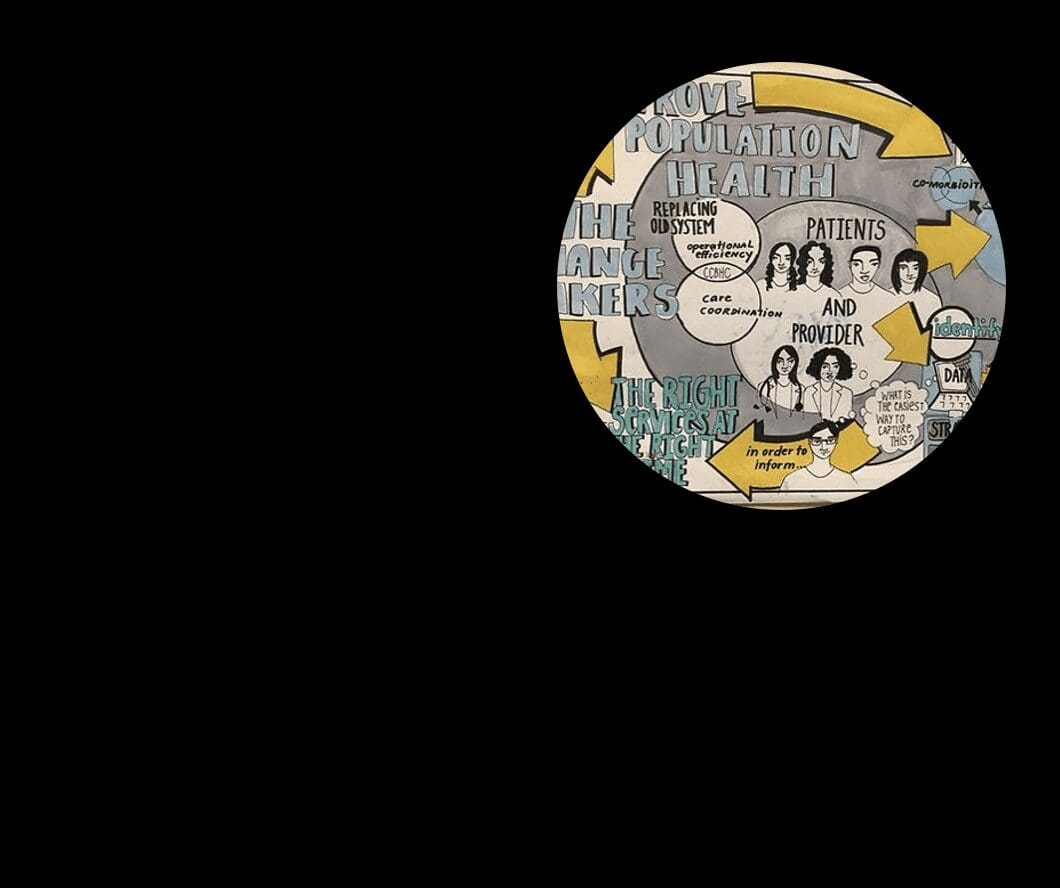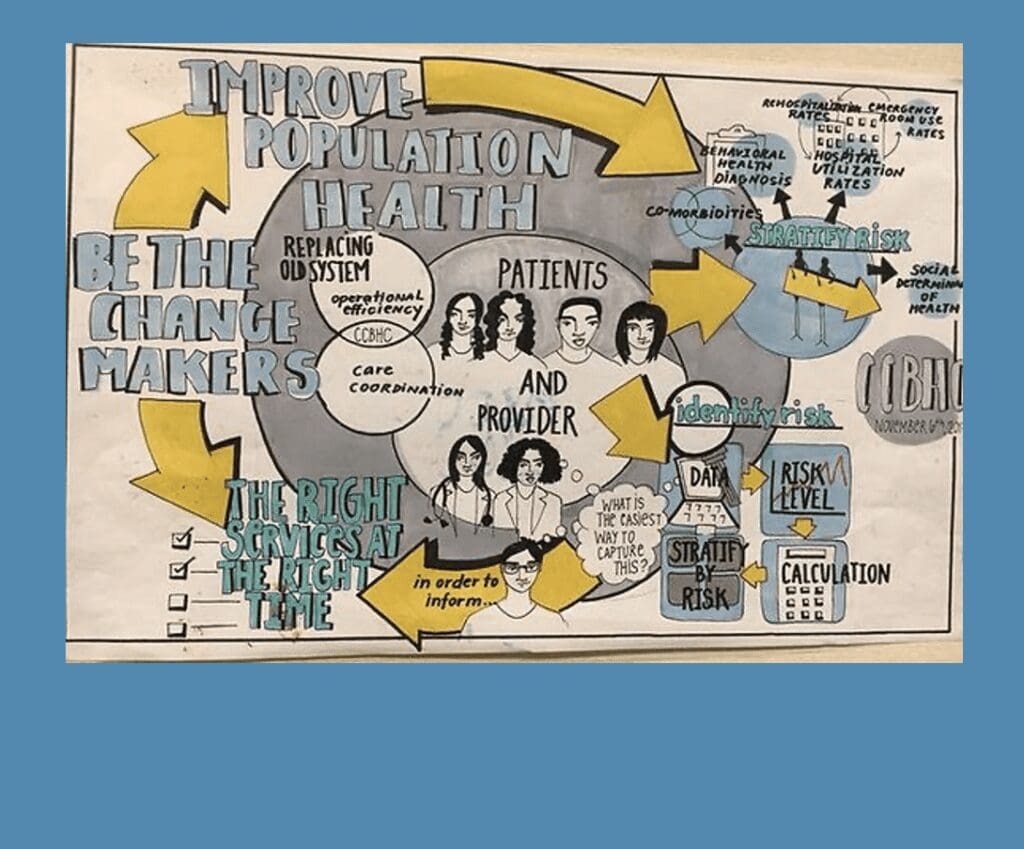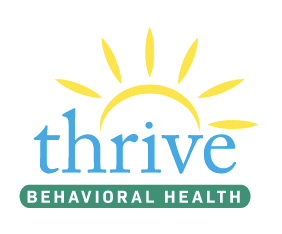Search Posts
Recent Posts
- Detailing Manhattan: Christopher Gray’s Legacy – David Brussat April 26, 2024
- Business Beat: BankNewport supports Kids’ Zone at new Save The Bay Hamilton Family Aquarium April 26, 2024
- Rhode Island Weather for April 26, 2024 – John Donnelly April 26, 2024
- GriefSPEAK: Dread. Fear. Welcome relief. – Mari Nardolillo Dias April 26, 2024
- Outdoors in RI: big animals, tiny Ticks, huge Trout, Chepachet’s Harmony Railway, 2A – Jeff Gross April 26, 2024
Categories
Subscribe!
Thanks for subscribing! Please check your email for further instructions.

New model of care goes back-to-the-future to transform RI’s behavioral health system
CCBHCs Are Coming to Rhode Island! – that’s the title of an article by Dawn Allen, Director of Special Projects at Thrive Behavioral Health to the Mental Health Association community. For those with institutional history, memories go back to CMHCs – Community Mental Health Centers – a model that was scrapped years ago, but put in place to support deinstitutionalization and people being treated in their communities and not in large institutions. Largely set up by county, the system included a “clinic” model supported by the healthcare system, including hospitals and private providers. One big change over the decades is a significant addition of drug abuse and use and addiction.

Allen’s article notes that “Rhode Island is embarking on a transformation of the behavioral health system, adopting the highly effective Certified Community Behavioral Health Clinic (CCBHC) model.”
She describes what they will mean for both providers and consumers of mental health and substance use disorder treatment in the state:
CCBHCs offer providers an opportunity to assess the needs of their communities and provide high quality mental health and substance use disorder services to all community members regardless of their ability to pay. In return, the provider is given a cost-based reimbursement, from Medicaid, for providing a comprehensive range of services to meet the complex needs of the community.
For the past five years, CCBHCs have been growing throughout the country either through a federal demonstration project or federal grants awarded by the Substance Abuse and Mental Health Services Administration (SAMHSA). CCBHCs have proven to increase access to mental health and substance use disorder treatment, improve care, reduce recidivism through partnerships with law enforcement and courts, reduce emergency department visits, and prevent hospital re-admissions.
According to the CCBHC Impact Report, conducted by the National Council for Mental Wellbeing in May 2021, CCBHCs reported the following:
- CCBHCs are serving an average of 17% more people
- Wait times for getting into treatment have drastically decreased with 50% of CCBHC providing same-day access, 84% seeing clients within one week, and 93% seeing clients within 10 days (average wait times prior to CCBHC implementation was 48 days)
- An average of 117 new staff were hired at each CCBHC demonstration and staff retention has increased
- Access to Medication Assisted Treatment (MAT) increased, now offered by 89% of CCBHCs, up from 56% who offered MAT prior to CCBHC implementation
- 91% of CCBHCs are engaged in a partnership with hospitals and first responders to provide crisis response in the community
- 95% of clinics are engaged in partnerships with law enforcement, jails and courts to reduce incarceration and prevent recidivism
- CCBHCs have increased care to minority groups and have helped reduce health disparities
In Rhode Island, a Thrive survey reported:
- 43% of Rhode Islanders thought there was something wrong in terms of their mental health
- 50% thought their children needed mental health care
- 67% stated they either did not know how to access treatment, the wait list was too long or treatment was not affordable.
This past June marked a turning point in Rhode Island for behavioral health.
The General Assembly passed the state budget which included $30 million of American Rescue Plan Act (ARPA) funds to be invested in building the infrastructure of CCBHCs. In addition, during this current year, the state and providers will be working together to design a sustainable CCBHC model which will be funded in the next fiscal year budget.
Allen says, “Rhode Island’s behavioral health system has struggled for far too long to meet the needs of Rhode Islanders. This legislation is a start towards building a system that is accessible, eliminates treatment barriers, fills treatment gaps, provides high quality services, while building a sustainable workforce.”

Who is Thrive Behavioral Health?
History
In 2017, The Kent Center based in Warwick, RI and Riverwood Mental Health Services based in Warren, RI merged and became “Thrive Behavioral Health” the following year. Thrive possesses a deep competence in providing care to individuals suffering from the symptoms of serious and persistent mental illness. We are committed to providing trauma-informed care and fostering recovery for individuals throughout Kent County, Providence, and East Bay. Led by President & CEO Daniel Kubas-Meyer, Thrive employs 275 full- and part-time staff and has an operating budget of approximately $22 million.
Thrive Behavioral Health, Inc. is licensed by the Department of Behavioral Healthcare, Developmental Disabilities and Hospitals, and the RI Department of Health, and it is a certified RI Medicaid provider. Thrive is accredited as an integrated mental health and substance agency by the Commission on Accreditation of Rehabilitation Facilities (CARF) in the following programs: Child, Adolescent and Adult Outpatient Counseling, Case Management, Crisis Intervention, ACT, Health Home Teams, and Community Housing. Thrive is under contract with numerous State agencies and managed care organizations to provide a broad range of behavioral health care, educational, and consultative services in Rhode Island.
Thrive is a founding member of Horizon Healthcare Partners (HHP), which is comprised of the following organizations:
- 3 Community Mental Health Centers spanning services across all of Rhode Island:
- Community Care Alliance,
- Newport Mental Health
- Thrive Behavioral Health
- CODAC Behavioral Healthcare
- Tides Family Services
- Child & Family
- The Galilee Mission
HHP provides emergency telephone and face-to-face crisis programs including assessments, triage, stabilization and hospital diversion services for persons in crisis. In addition, HHP established and operates Horizon Pharmacy, a closed-door pharmacy providing quality services to long-term care clients and the clinics and facilities that support them.
